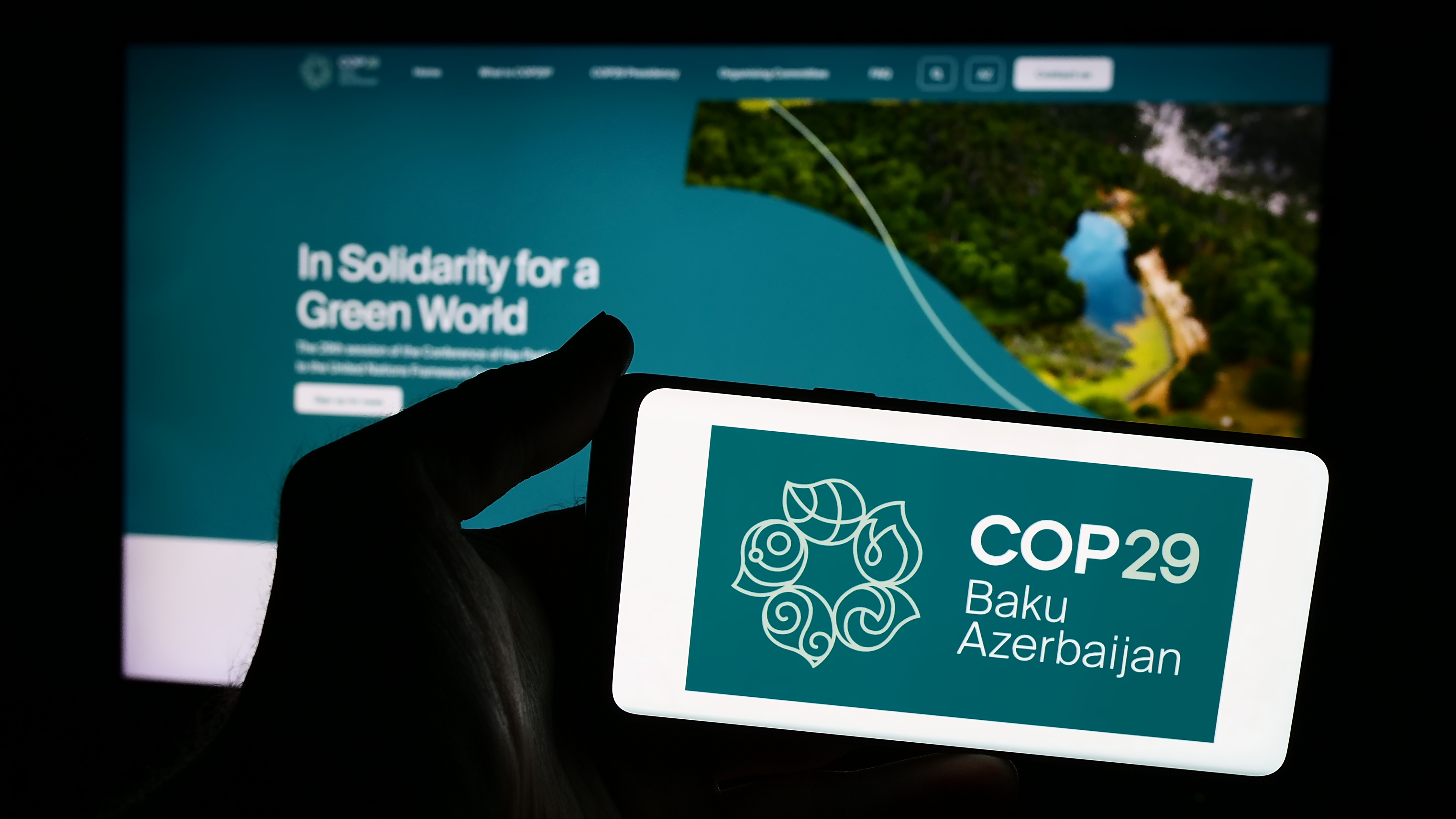AWF Statement on UNFCCC COP29 Outcomes

COP 29
General Inquiries
Tel:+254 711 063 000
Ngong Road, Karen, P.O. Box 310
00502 Nairobi, Kenya
As the African Wildlife Foundation (AWF) reflects on the outcomes of Climate COP29, we acknowledge the progress made on key negotiations while emphasizing the urgent need for accelerated action.
COP29 reaffirmed Africa’s proactive and visionary role in shaping the global climate agenda, mainly through the leadership of the Africa Group of Negotiators (AGN) on Climate Change. The AGN’s steadfast advocacy with other like-minded groups for equitable climate finance underscored the continent’s unified voice in demanding climate justice. AWF commits to amplifying Africa’s contributions, emphasizing that the continent is not only a victim of climate change but also a global leader, offering solutions that balance environmental sustainability with socioeconomic development.
Progress on Climate Finance
This was dubbed a “Finance COP,” but it did not meet the expectations. Developed countries’ pledge of $300 billion falls far short of the $1.3 trillion requested by developing nations, a figure reflective of the scale of climate challenges faced by Africa and other vulnerable regions.
AWF advocates for the principle of equity and climate finance, reflecting developed nations' historical responsibilities. This includes increased funding but streamlined access to resources, prioritizing African-led initiatives, and ensuring that finance mechanisms align with the continent’s unique needs and priorities, such as biodiversity conservation, community resilience, and sustainable development.
Progress on Adaptation
AWF acknowledges the progress made under the UAE-Belem Work Programme in prioritizing adaptation issues. To strengthen the Global Goal on Adaptation, developing and implementing robust indicators to track progress and guide resource allocation effectively is essential. Recognizing biodiversity and healthy ecosystems as key components of adaptation solutions is a positive step forward.
Given the severe impacts of climate change already being felt in developing countries, urgent action is needed to accelerate adaptation measures. AWF calls on parties to enhance deliberations on including indicators that track implementation support, ensuring communities most affected can adapt swiftly and effectively.
Progress on Carbon Markets
AWF welcomes the milestone reached in Article 6 that has led to the establishment of International Carbon Markets standards. AWF highlights the critical role of Africa’s ecosystems, particularly the Congo Basin, in providing global climate regulation and biodiversity conservation services. AWF calls for investments that align with conservation goals and deliver equitable financial returns to communities and stakeholders directly involved in protecting and maintaining these ecosystems.
AWF advocates for the implementation of stringent, transparent, and accountable mechanisms that guarantee the authenticity of carbon offsets and safeguard both climate integrity and community welfare. Without these measures, offsets risk becoming a distraction from the need for substantial emission cuts at the source.
Integration of Climate Action with the Global Biodiversity Framework
AWF welcomes the emphasis on aligning Nationally Determined Contributions (NDCs) with the Kunming-Montreal Global Biodiversity Framework to reflect a holistic approach to environmental sustainability. AWF encourages African nations to integrate biodiversity considerations into their climate commitments, promoting cohesive strategies addressing climate and biodiversity challenges.
Biodiversity is not just a victim of climate change but a fundamental part of the solution. Africa’s rich and varied ecosystems, from the dense rainforests of the Congo Basin to the savannas of East Africa, play a crucial role in global carbon sequestration, absorbing around 1.5 billion metric tons of carbon annually. The intrinsic value of biodiversity extends beyond its ecological benefits.
Conclusion
In conclusion, while the outcomes of COP29 have been mixed, there have been notable advancements in climate finance, adaptation, and carbon markets driven by African leadership and innovative solutions. AWF remains committed to championing Africa’s role in the global climate agenda and calls for more significant commitment from global leaders to ensure a sustainable and equitable future for all.